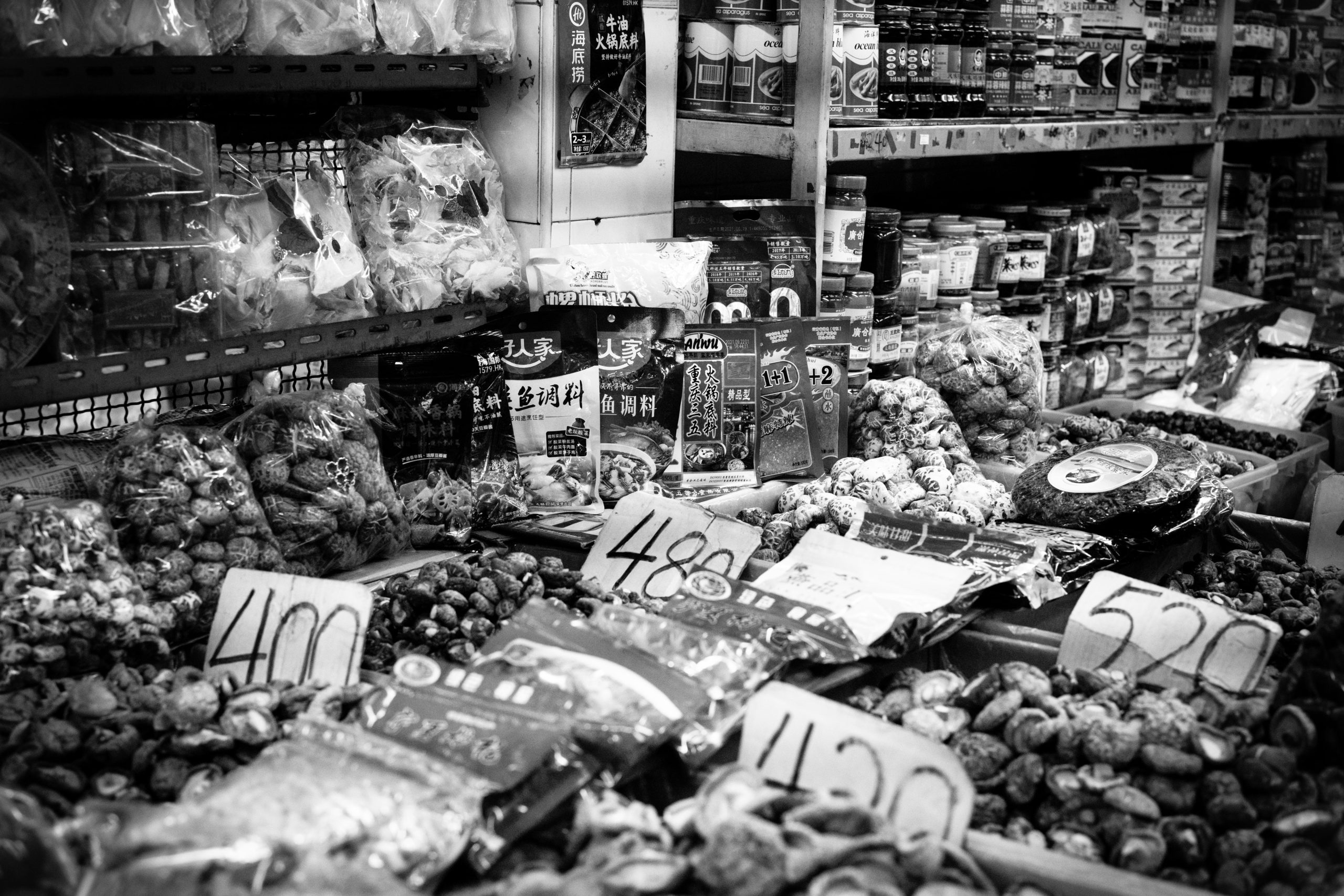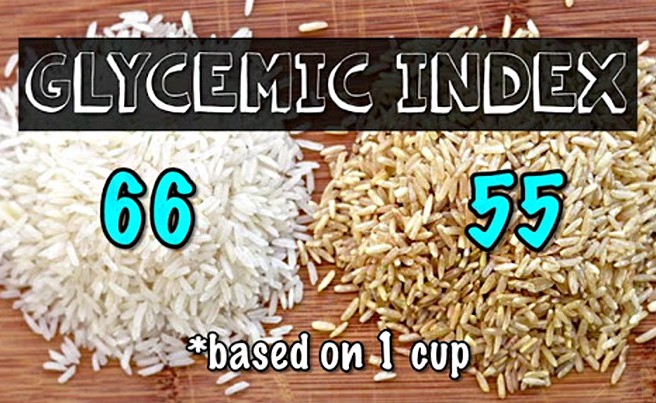Food is a basic necessity of life, but have you ever considered how its prices are affected by different factors? Inflation is one such factor that greatly impacts the cost of food. With rising food inflation rates, it’s become increasingly important to understand what causes these fluctuations and how they will ultimately affect your budget. In this blog post, we’ll delve deep into the subject and uncover everything you need to know about food inflation. From understanding its causes to exploring ways you can save money while still enjoying your favorite meals, buckle up for an informative ride!
What is food inflation?
Inflation occurs when the prices of goods and services rise over time. Food inflation specifically refers to the rising cost of food items. While the rate of food inflation has been relatively low in recent years, it has begun to pick up in recent months.
There are a number of factors that contribute to food inflation. One is the cost of inputs, such as energy and transportation costs. Weather can also play a role, as extreme weather conditions can lead to crop losses. Another factor is government policies, such as tariffs or subsidies.
The impact of food inflation can be significant, particularly for low-income households who spend a larger portion of their income on food. Rising food prices can lead to increased hunger and malnutrition, as people are unable to afford enough nutritious food to meet their needs.
Food inflation can have far-reaching consequences beyond just putting a strain on your budget. It’s important to be aware of the factors that contribute to it and how it can impact your overall well-being.
How does food inflation affect the average consumer?
Food inflation affects the average consumer in a number of ways. Firstly, it leads to an increase in the cost of living as food is a necessity for everyone. This means that consumers have less money to spend on other items, which can lead to a decrease in their standard of living. Additionally, food inflation can cause prices of other goods and services to increase as well, as businesses attempt to offset their own increased costs. This can create a domino effect that raises the cost of living even further. Finally,food inflation can lead to political and social unrest, as people become angry about rising prices and the lack of availability of affordable food.
What are some ways to combat food inflation?
There are a number of ways that you can combat food inflation. One way is to simply cut back on the amount of food you consume. Another way is to purchase food items that are on sale or in bulk. You can also try to grow your own food. This may not be possible for everyone, but if you have the space and the time, it can be a great way to save money on groceries. Finally, you can always try to negotiate with your grocery store or food supplier for lower prices.
Conclusion
As you can see, food inflation is an important factor to consider when thinking about your budget. It’s important to understand the underlying causes of this phenomenon and plan accordingly so that you don’t fall victim to unexpected hikes in prices. There are ways of mitigating some of the costs associated with food inflation through better meal planning and taking advantage of promotions at grocery stores. With these tips, hopefully you’ll be able to keep your family eating healthy even as the cost of groceries continues to rise.










